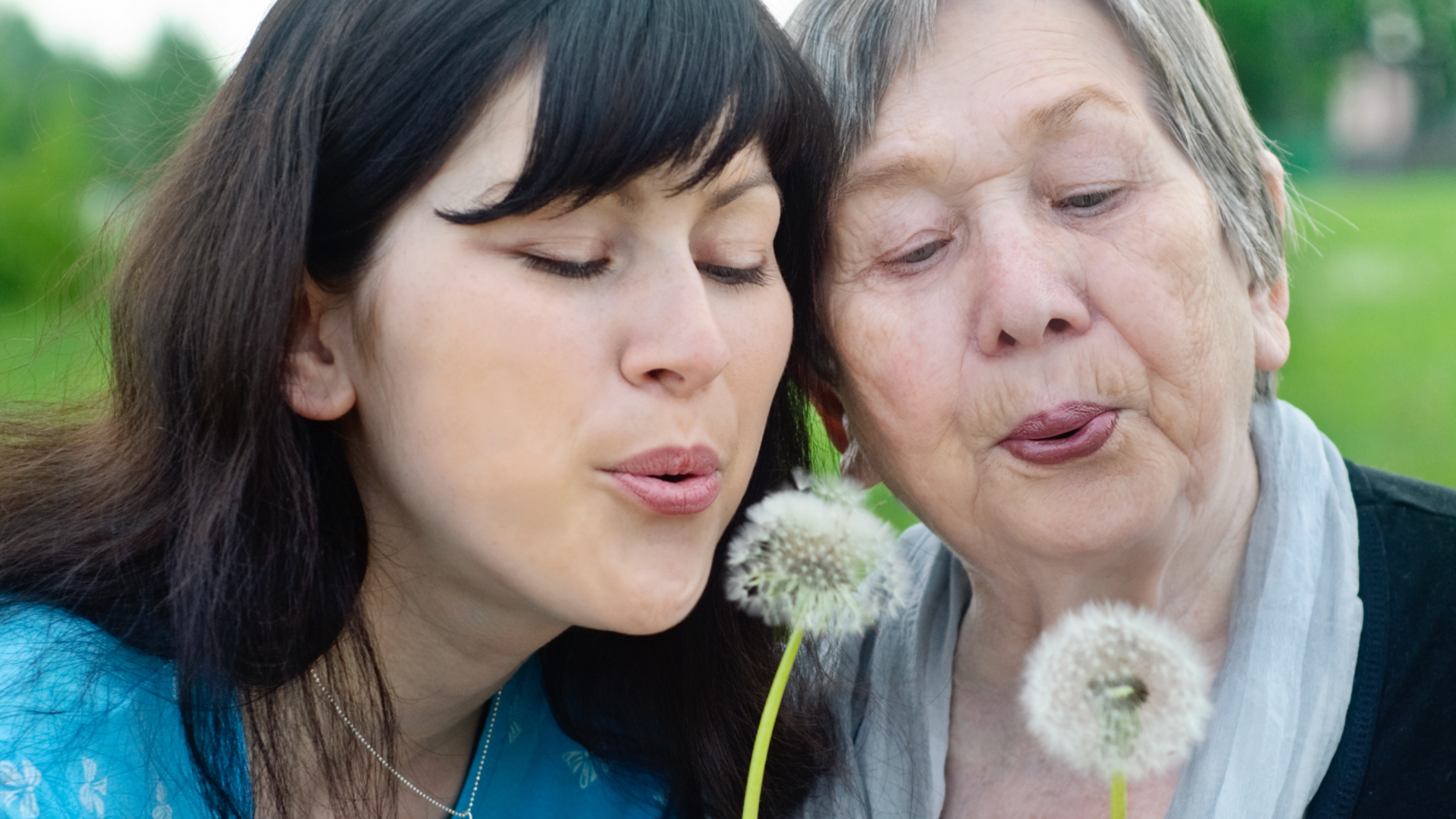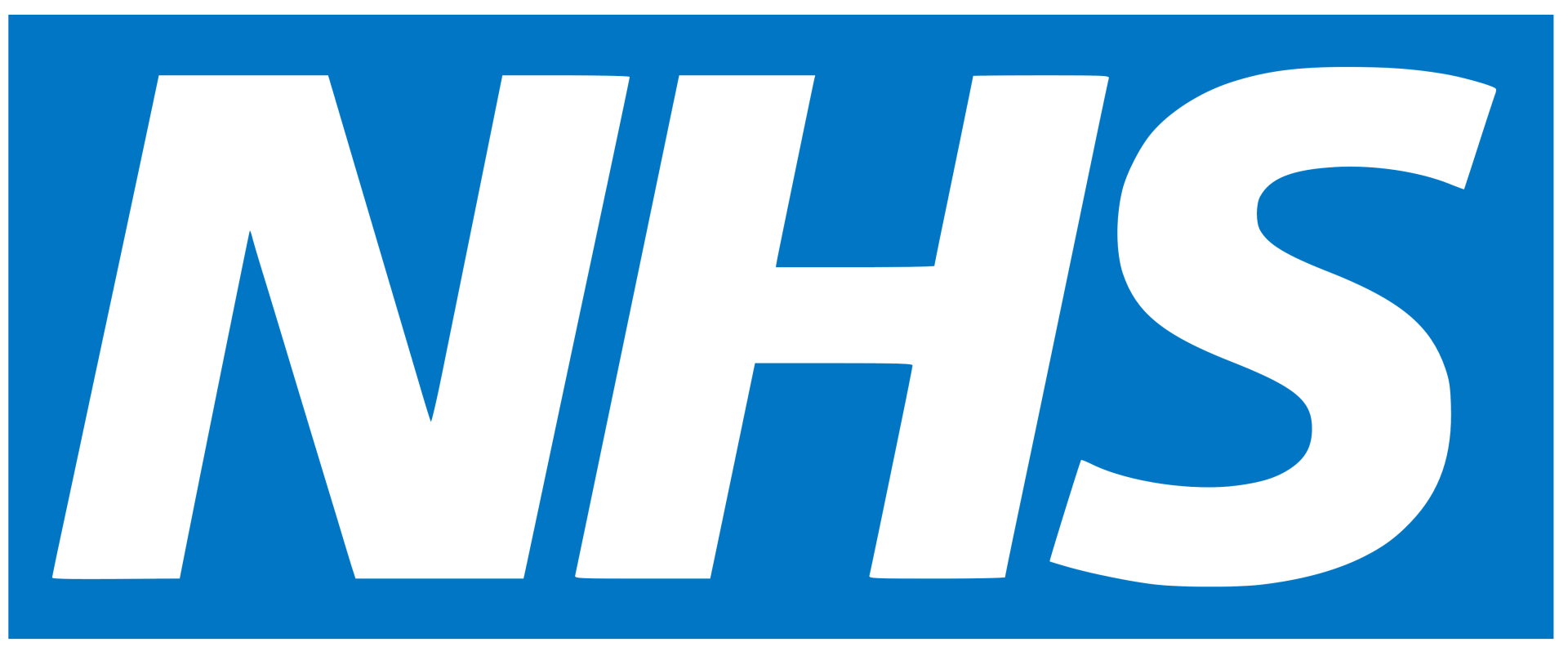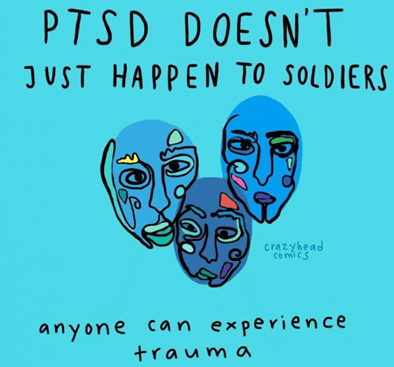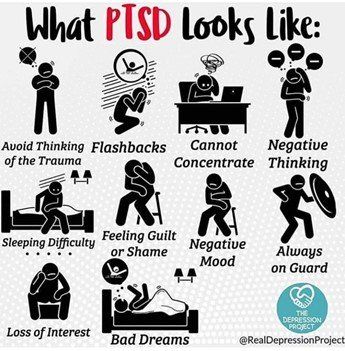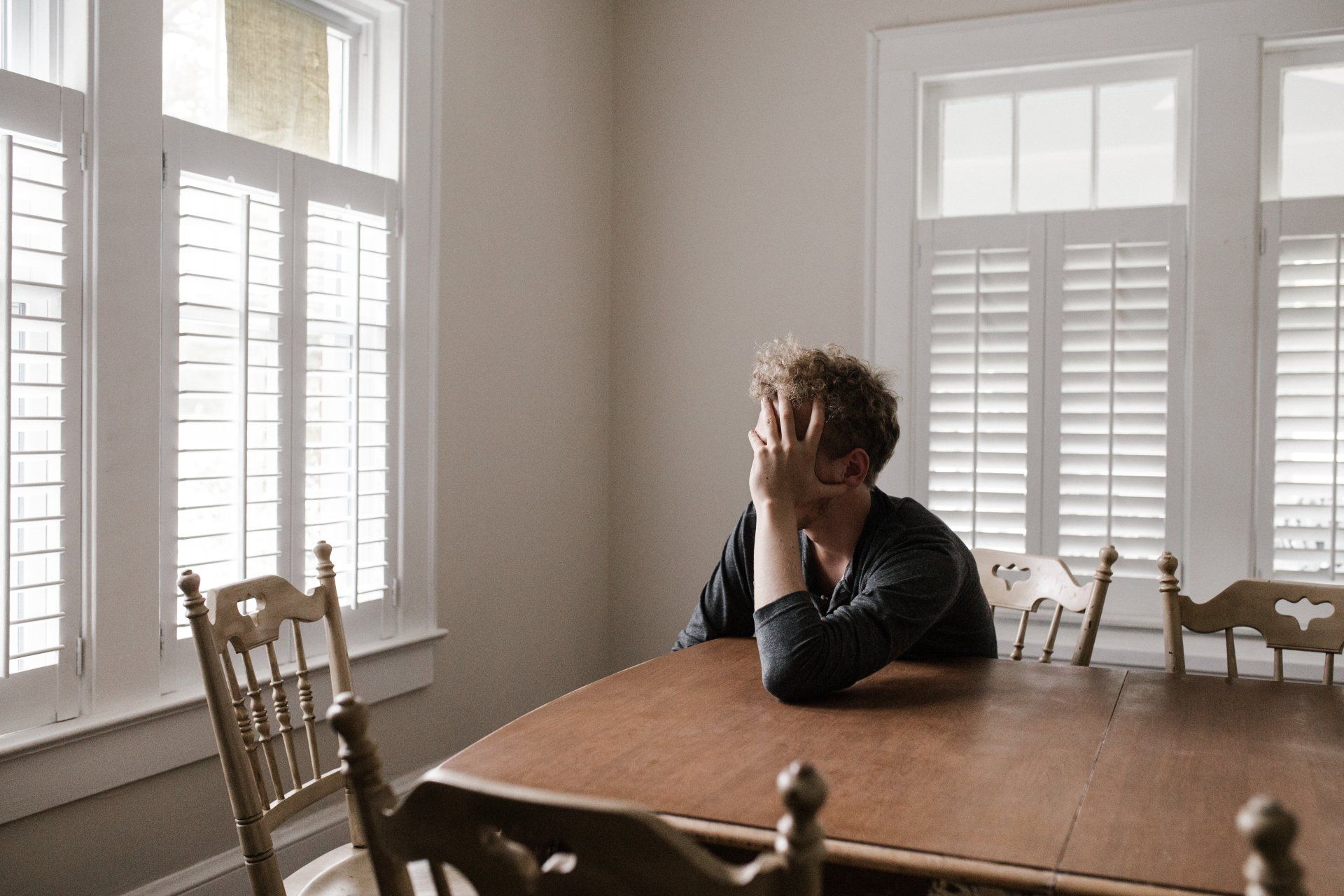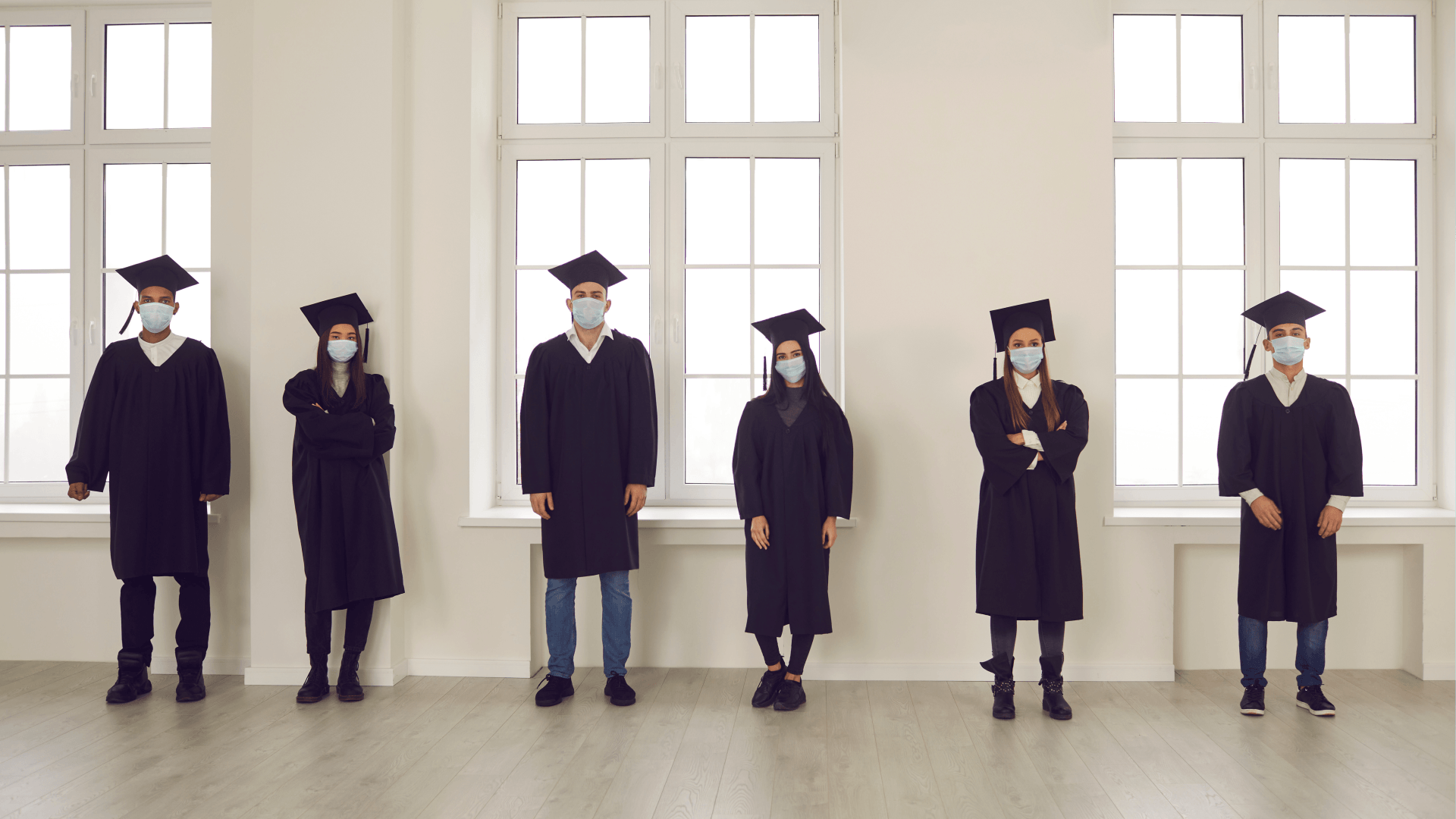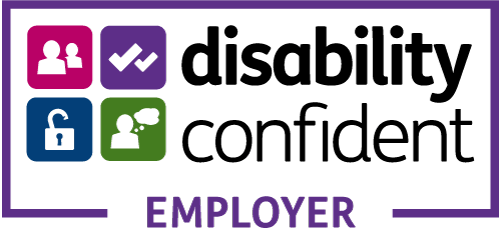It just keeps coming back to me
“PTSD: Isn’t that just for soldiers?”
Here’s a question I get asked more often than I’ve had hot dinners “Isn’t PTSD just for soldiers?” Post-traumatic stress disorder is a mental health difficulty that soldiers can experience, but so can the rest of the population! Estimates vary a lot but a rough guide is that 4.4% of the UK population experience PTSD (based on findings from the Adult Psychiatric Morbidity Survey, 2014) and approximately 1 in 3 people that experience a traumatic event will develop some symptoms of PTSD as a result. What does that mean for us? Well across Nottinghamshire and Derbyshire that means approximately 81,000 people will be struggling with PTSD right now. It’s definitely not just a soldier thing.
Everybody’s experience of trauma is different, and what is traumatic for one person won’t necessarily be traumatic for another. But here are some common examples of traumatic incidents – car accidents, violent attacks, sexual assault or rape, abuse, kidnap, seeing another person being hurt or abused, traumatic childbirth, losing a loved one in upsetting circumstances, surviving a terrorist attack or natural disaster, or any event in which you fear for your life.
Experiencing any one of these events is naturally very upsetting and distressing, and feeling this way doesn’t mean you’ve automatically got PTSD. If you do experience a traumatic event, it’s so important to talk to people about how you feel, there’s no need to bottle it up. Really take care of yourself during the aftermath and make sure you’re reaching out to people you’re close to.
Most of us will have seen the typical flashbacks of PTSD in a film or TV programme. But do you know the other symptoms of PTSD?
· Re-experiencing the event through flashbacks or nightmares (this can be triggered off or come out of the blue)
· Avoiding thinking about the event or reminders (i.e. places, TV programmes)
· Feeling agitated or on edge
· Always feeling on guard or easily jumpy
· Feeling low in mood or numb – no feelings at all
· Feeling irritable or angry
· Difficulties concentration or zoning out
· Feeling differently about ourselves, other people or the world
· Not getting pleasure out of things that you used to enjoy, or doing less in general
If you find after several weeks that you’re still struggling with the symptoms of PTSD, visit your GP or self-refer to us for an assessment. Even if it’s been years since you experienced the event; if you’re still experiencing these symptoms then it’s important to reach out. There are several evidence-based effective treatments we can offer for PTSD, including Trauma-Focused Cognitive Behavioural Therapy (Tf-CBT), Eye Movement Desensitisation and Reprocessing (EMDR), or Counselling.
If you’d like to learn more about PTSD, here are some helpful videos and websites:
YouTube: What is PTSD? https://www.youtube.com/watch?v=2KXtlIX_yUs
NHS Choices. Post Traumatic Stress Disorder. 2015. http://www.nhs.uk/conditions/Posttraumatic-stress-disorder/Pages/Introduction.aspx
References
Title picture courtesy of @crazyheadcomics on Instagram
Infographic courtesy of @realdepressionproject on Instagram
Adult Psychiatric Morbidity Survey: Survey of Mental Health and Wellbeing, England, 2014. Official statistics, National statistics, Survey:
